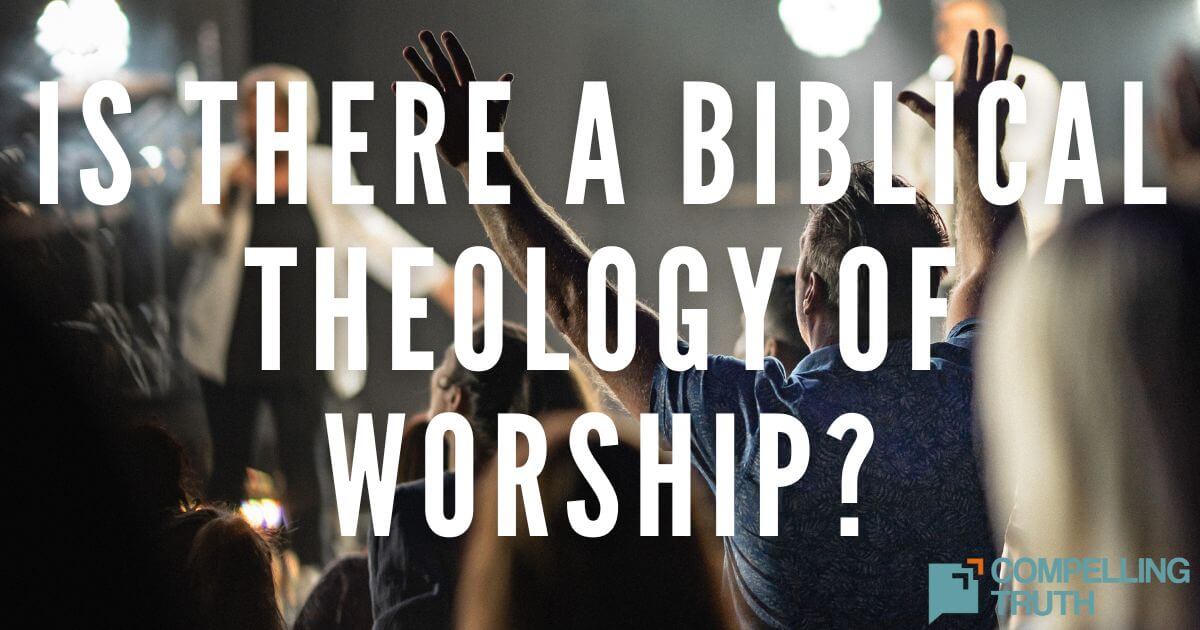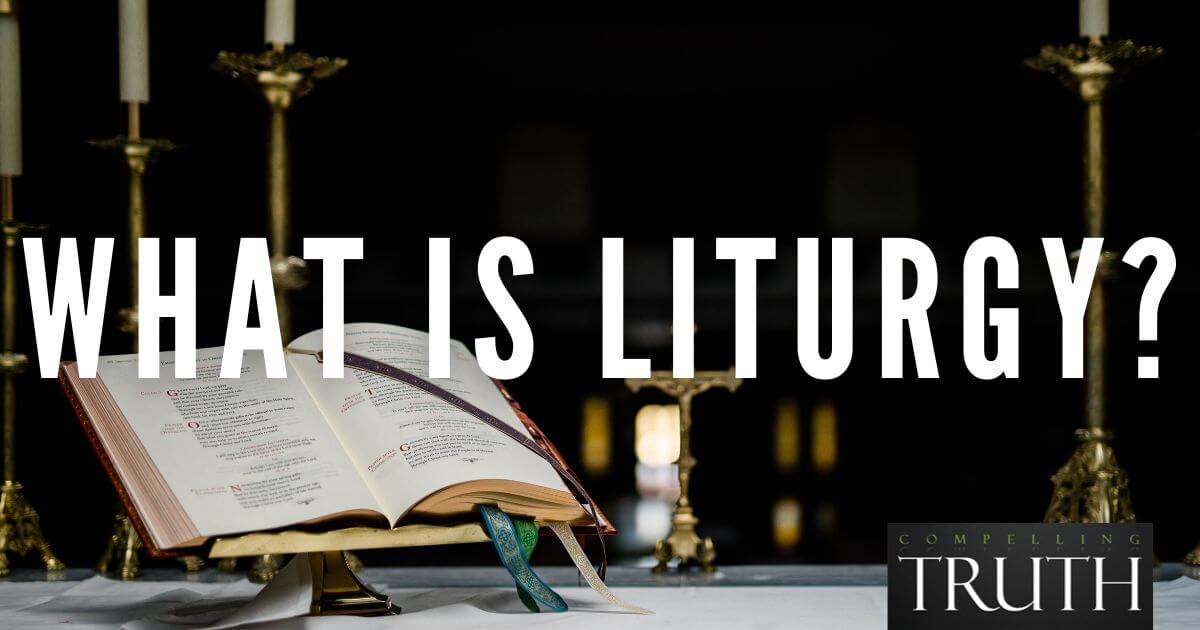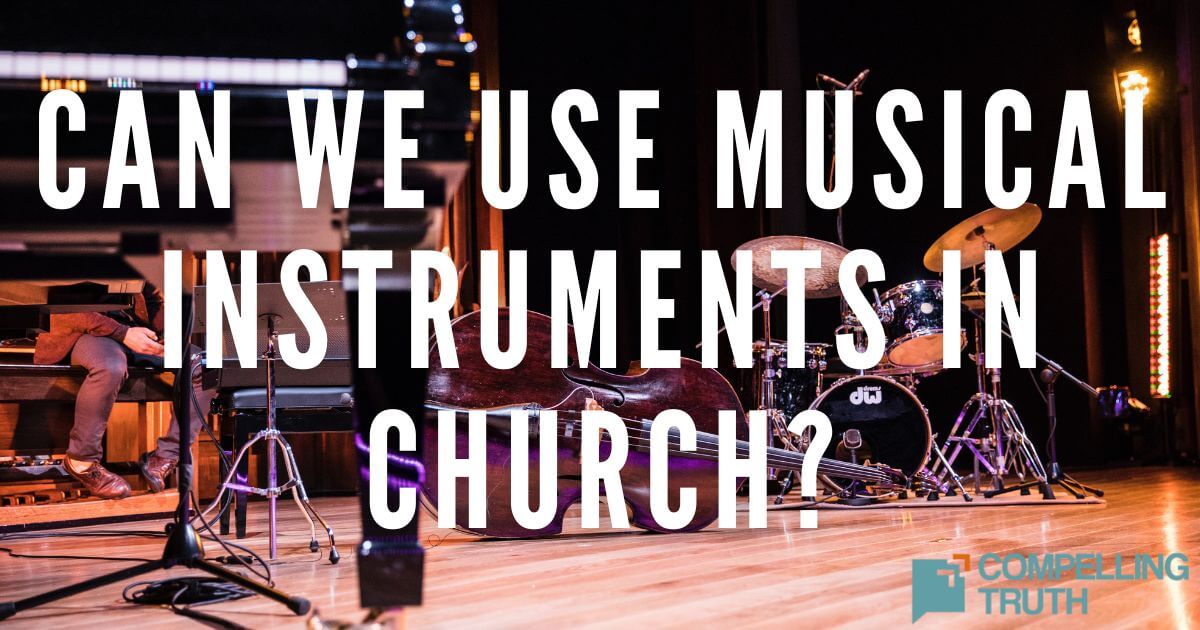Chanting is not specifically defined in the Bible. Scripture emphasizes that God values sincere, heartfelt worship. The Bible warns against mindless repetition, especially specifying empty phrases in prayer (Matthew 6:7). While chanting can be a meaningful act of worship when directed toward God with genuine intent, it can become spiritually dangerous when used to invoke spirits or enter altered states, as seen in some non-Christian practices, or when it is done with mindless repetition. In Christian traditions, chants rooted in Scripture and aimed at glorifying God can be edifying, but prayers directed to anyone other than God, such as Mary, are unbiblical. Ultimately, the value of chanting depends on its content, purpose, and the heart behind it—whether it brings honor to God or leads away from Him.
Chanting a song or prayer can be a beautiful and meaningful way to express worship, gratitude, or a desire for God’s guidance—especially when it flows from a sincere heart. Many historic hymns, like Jesus, the Very Thought of Thee, began as reverent chants meant to honor Christ.
However, not all chanting is spiritually safe or biblically sound. In some Eastern religions and New Age practices, chants are used to connect with spiritual forces apart from God, or to open the mind to undefined influences—which can lead to deception and spiritual harm. Pagan or occult chants, especially those invoking spirits, are clearly unbiblical and dangerous.
In Christian liturgical traditions, such as Catholicism or Lutheranism, chanting is sometimes used in worship. When the lyrics are rooted in Scripture and directed toward God, like the Asperges, it can be edifying. But chants like the Ave Maria or Salve Regina are problematic because they direct prayer to Mary rather than to God, which contradicts biblical teaching.
Ultimately, the spiritual value or danger of a chant lies in its purpose, content, and focus. We must always ask: Is this honoring God according to His Word—or opening the door to something else?




